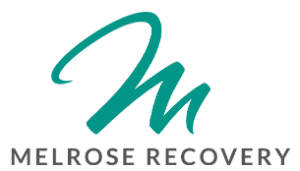Addiction Is A Disease
Addiction Is A Disease – We know that addiction is a disease — but what does the treatment look like for that? How can you overcome what seems like an insurmountable condition with constant cravings? Here’s what you need to know about overcoming addiction.
Nobody Plans to Enter the Vicious Cycle of Drug Abuse
Many people try using a drug just to see what it’s like. Maybe they feel that it’ll help take the edge off the day. Over time, their bodies develop a tolerance, so they increase the dose.
At that point, the chemicals in the drug take over. They change the brain chemistry. In particular, they affect the midbrain and create a neurological condition. Now, individuals no longer have control over their drug use.
Addiction is a disease of the brain that removes free will. You can’t choose whether to take the next drink. You have a single focus on getting the next fix. However, it’s important to know that there is hope.

Substance Abuse Treatment Programs
Addiction is a Disease with a Treatment Plan
Because addiction is a chronic condition, there’s no cure. You’ll always have to keep in mind that you have the potential for developing a chemical dependency. However, you can return to living your life to the fullest. You don’t have to be under the control of the substance any longer.
A comprehensive addiction treatment plan starts with detoxification. This process allows your body to wean itself off the drug. The next step is rehab. This phase of treatment deals with the psychological part of the addiction.
What Detox Looks Like
Detox programs start with an intake assessment. You meet with a friendly counselor who helps determine the appropriate level of intervention. The goal is to provide you with a pain-free withdrawal that keeps you safe. Since addiction is a disease with drug-specific withdrawal symptoms, the addiction specialist ensures that you receive the right protocol.
Experts agree that tapering is the best course of action. It helps your body adjust gradually to the absence of the drug. After a short while, your body no longer signals you that it needs the drugs to live. Although the cravings are still there, you’re free from the desperation for the substances.

Moving on to the Rehab Portion of the Treatment – Addiction is a Disease
Remember that addiction is a disease with a two-pronged effect. It causes physiological and psychological dependence. Breaking the physical portion may be quick. However, the psychological part of the disease may take a bit longer to overcome.
During rehab, you participate in a customized program that helps you envision a better life and then work toward it. Typical modalities include:
- Evidence-based therapies such as cognitive behavioral therapy or dialectical behavior therapy
- One-on-one talk therapy that provides you the tools to make desired changes
- Group therapy sessions for building self-esteem and learning coping mechanisms
- Experiential therapies, which let you express yourself through art or music
- Whole-body wellness approaches that introduce nutritional counseling and physical fitness therapy for healthier life choices
How to Get Help Now – Addiction is a Disease
The type of rehab Melrose Recovery experts recommend is residential addiction treatment. Addiction is a disease that temporarily overpowers your ability to make good choices. For this reason, constant monitoring during the healing process is vital. The consistent availability of therapists helps you to make the changes you desire.
Once you finish your course of treatment, it’s time to transition back to your regular life. Now, however, you’re ready to deal with stresses and triggers without using drugs. You don’t have to stay in the vicious cycle of the disease. Get help today and contact Melrose Recovery at (714) 442-7782.
We Work With Major Insurances





Get Started on Your Personal Journey to Addiction Recovery
Before you can get to aftercare, you have to take the first step. Overcoming addiction is a genuine choice when you decide to quit and enlist the help of therapist. Contact the addiction treatment specialist at Melrose Recovery to start the rehab admission paperwork and process.
Licenses and Accreditations
![]()

![]()




